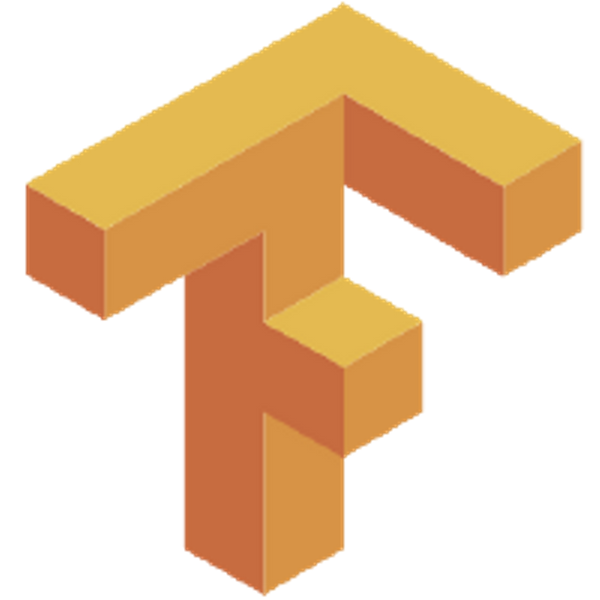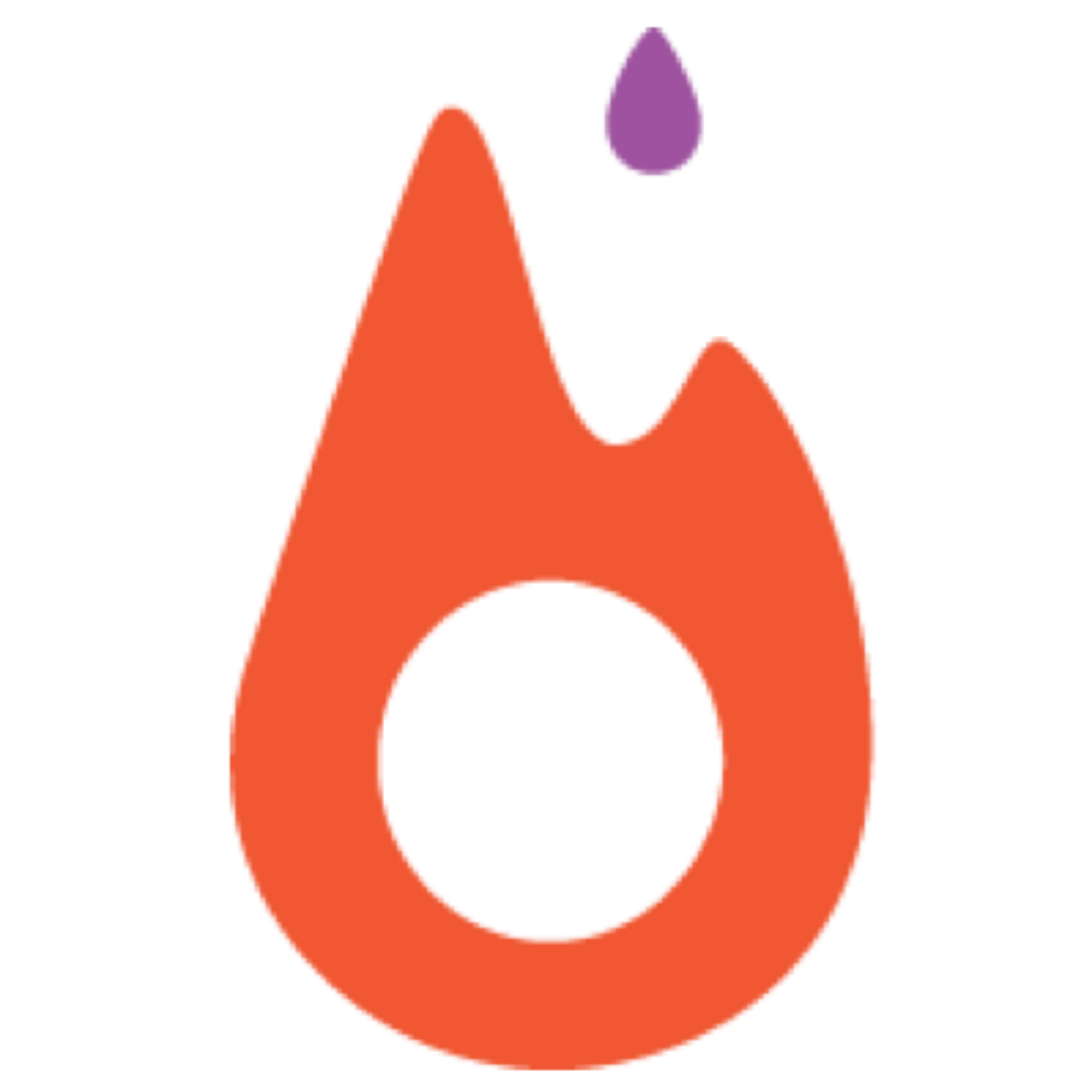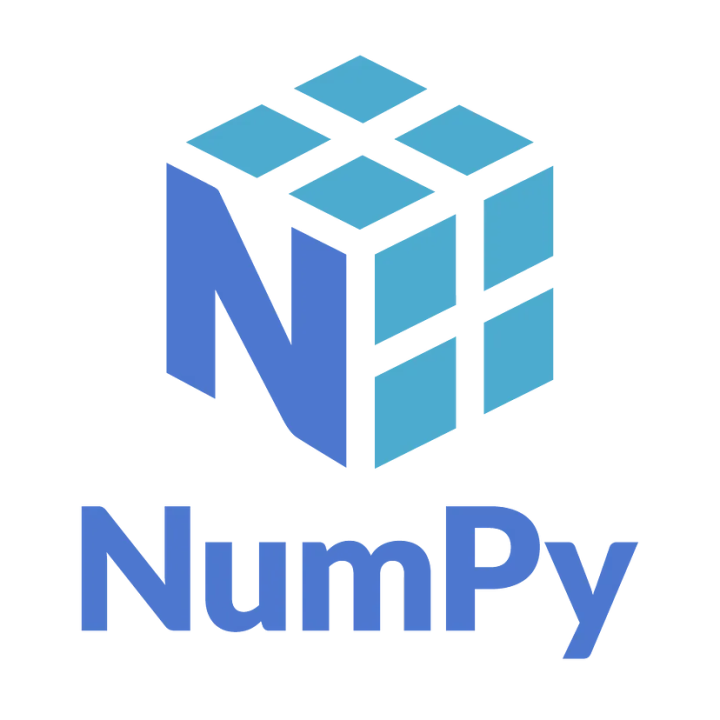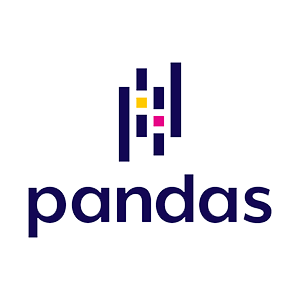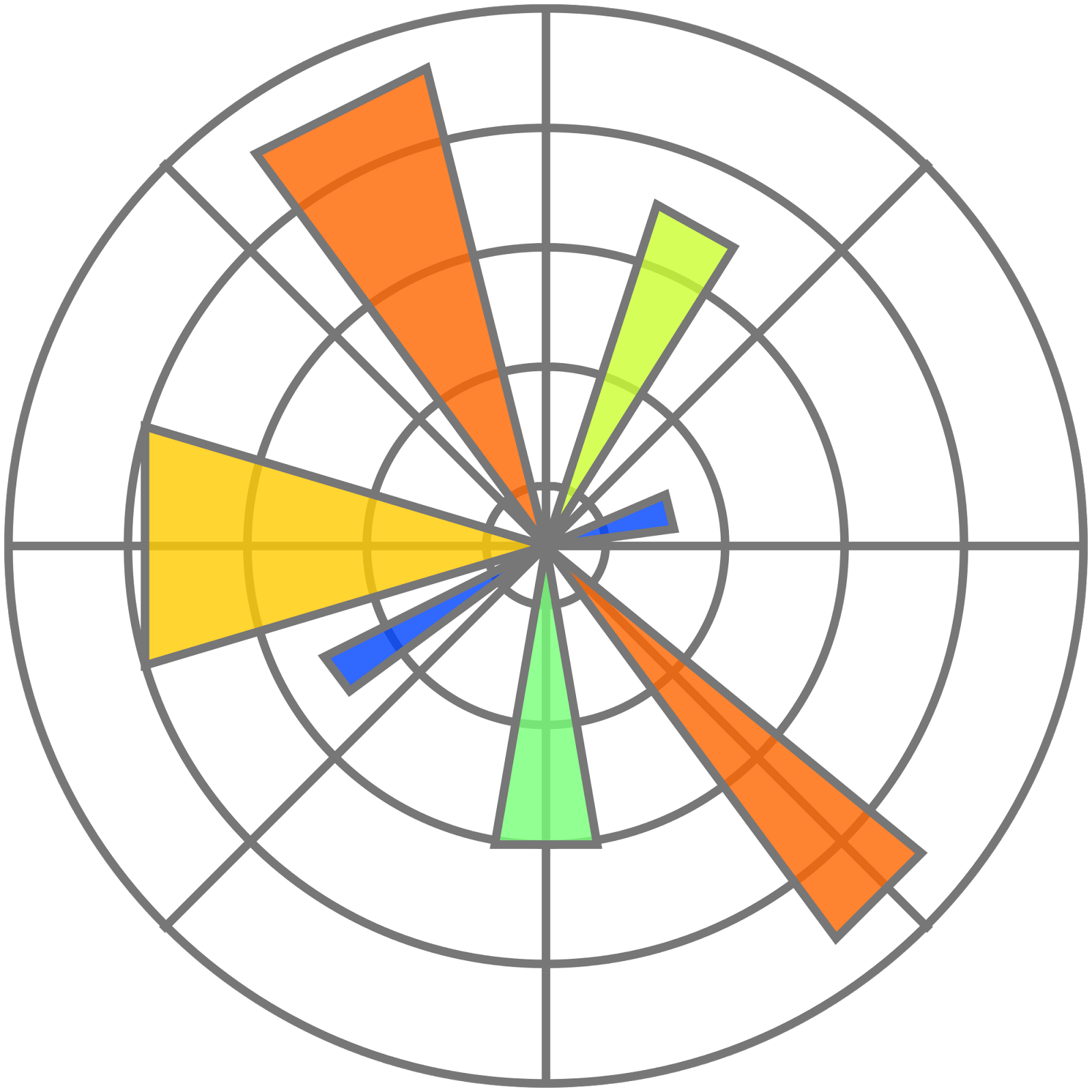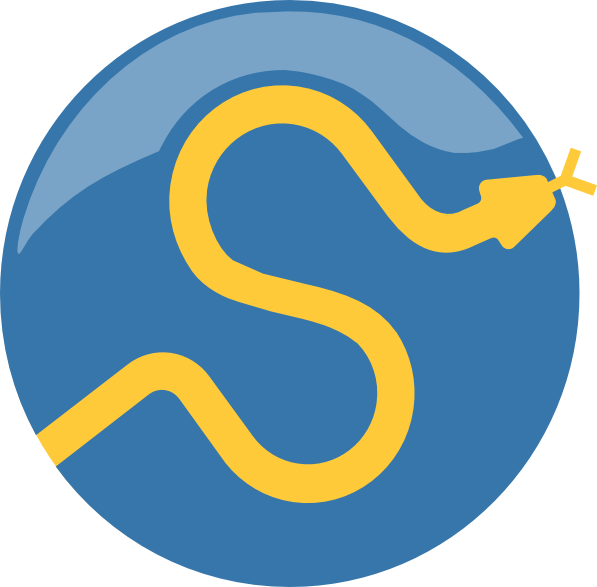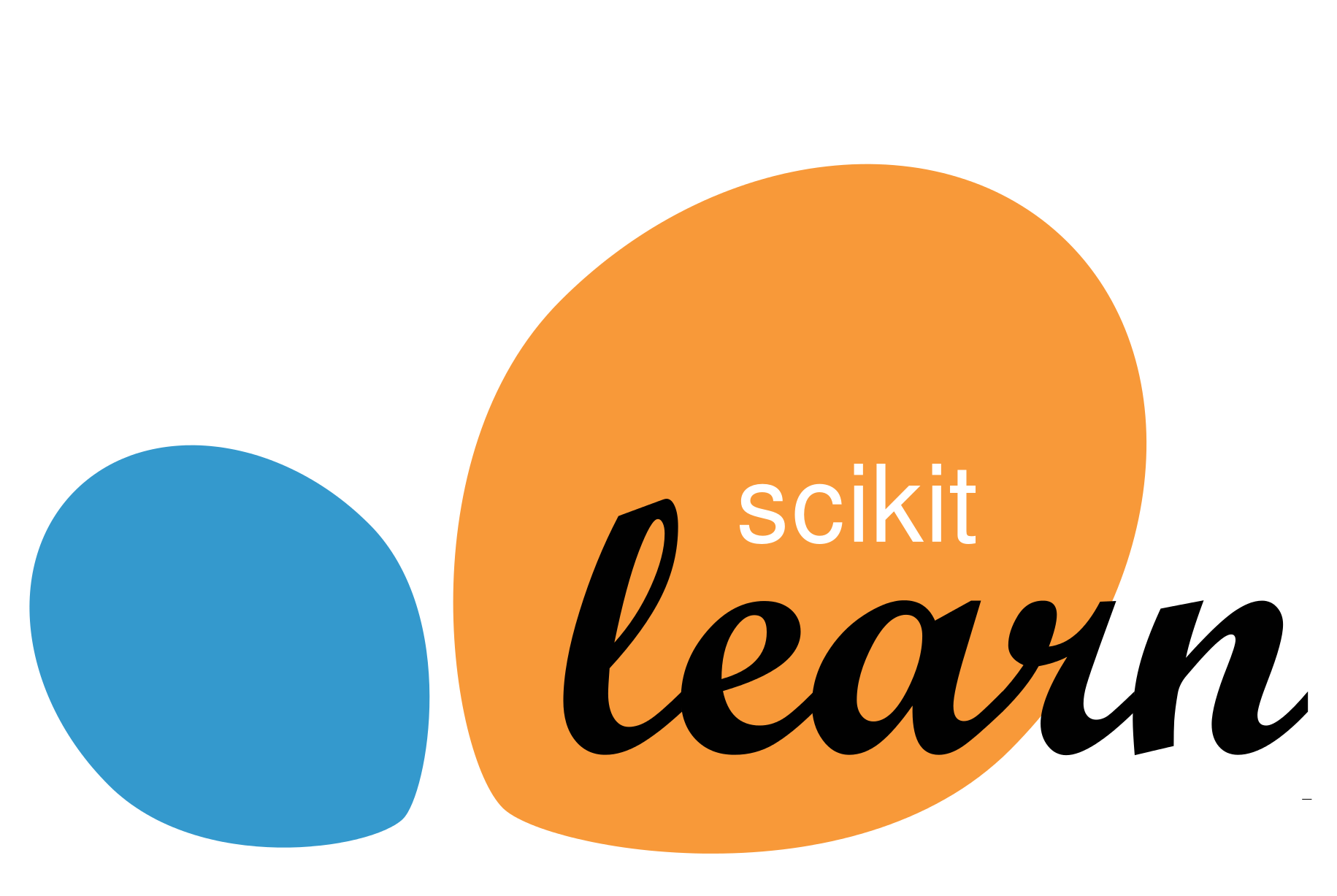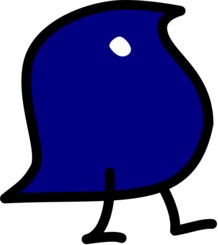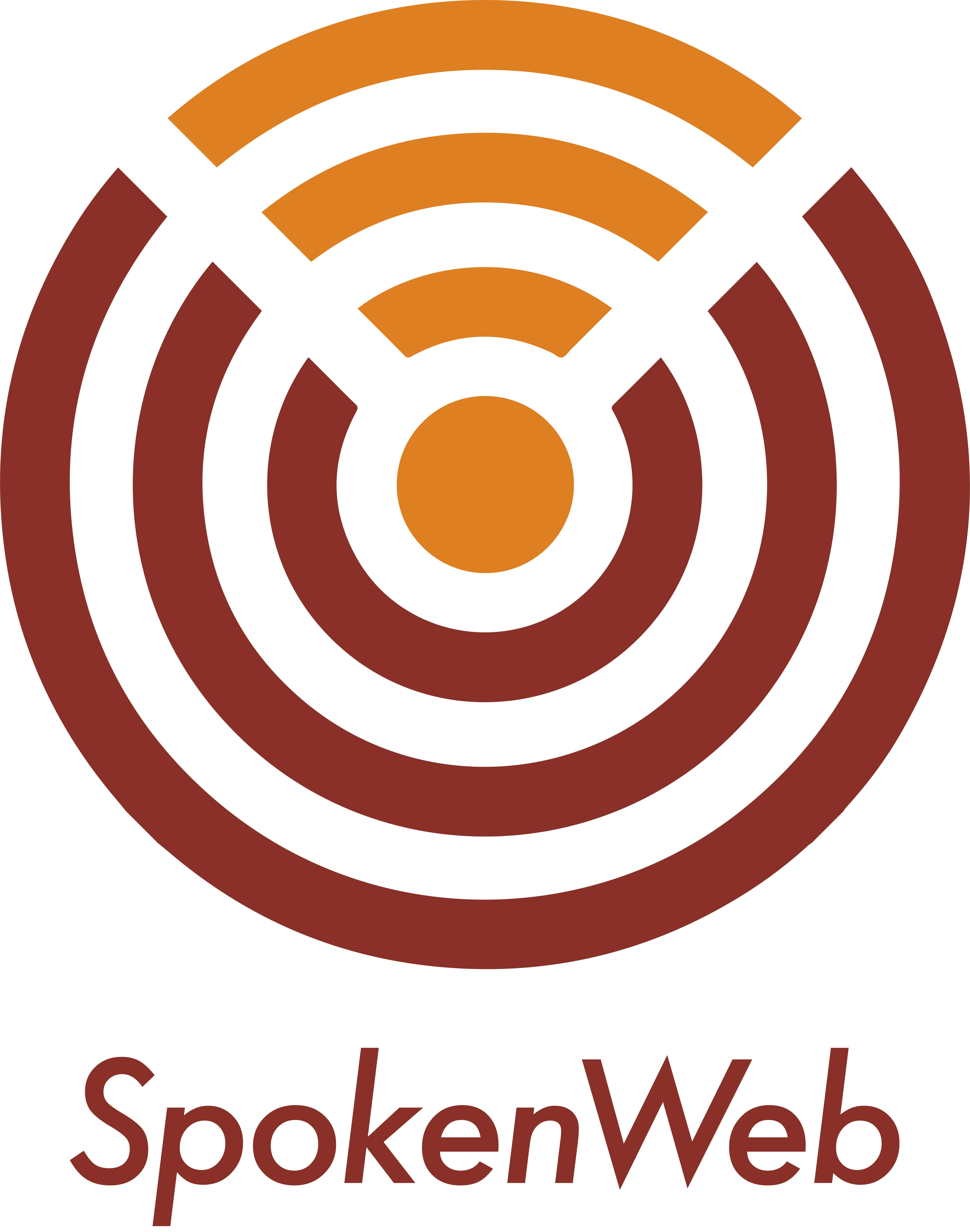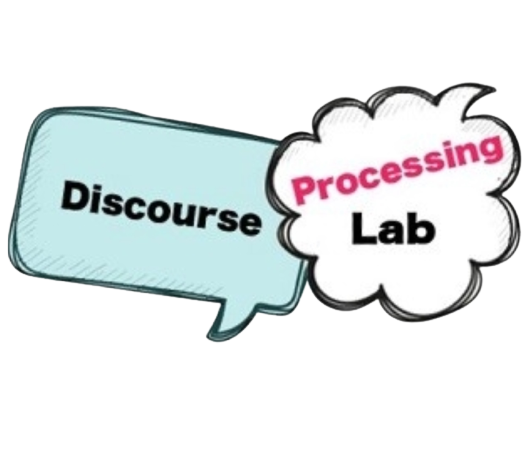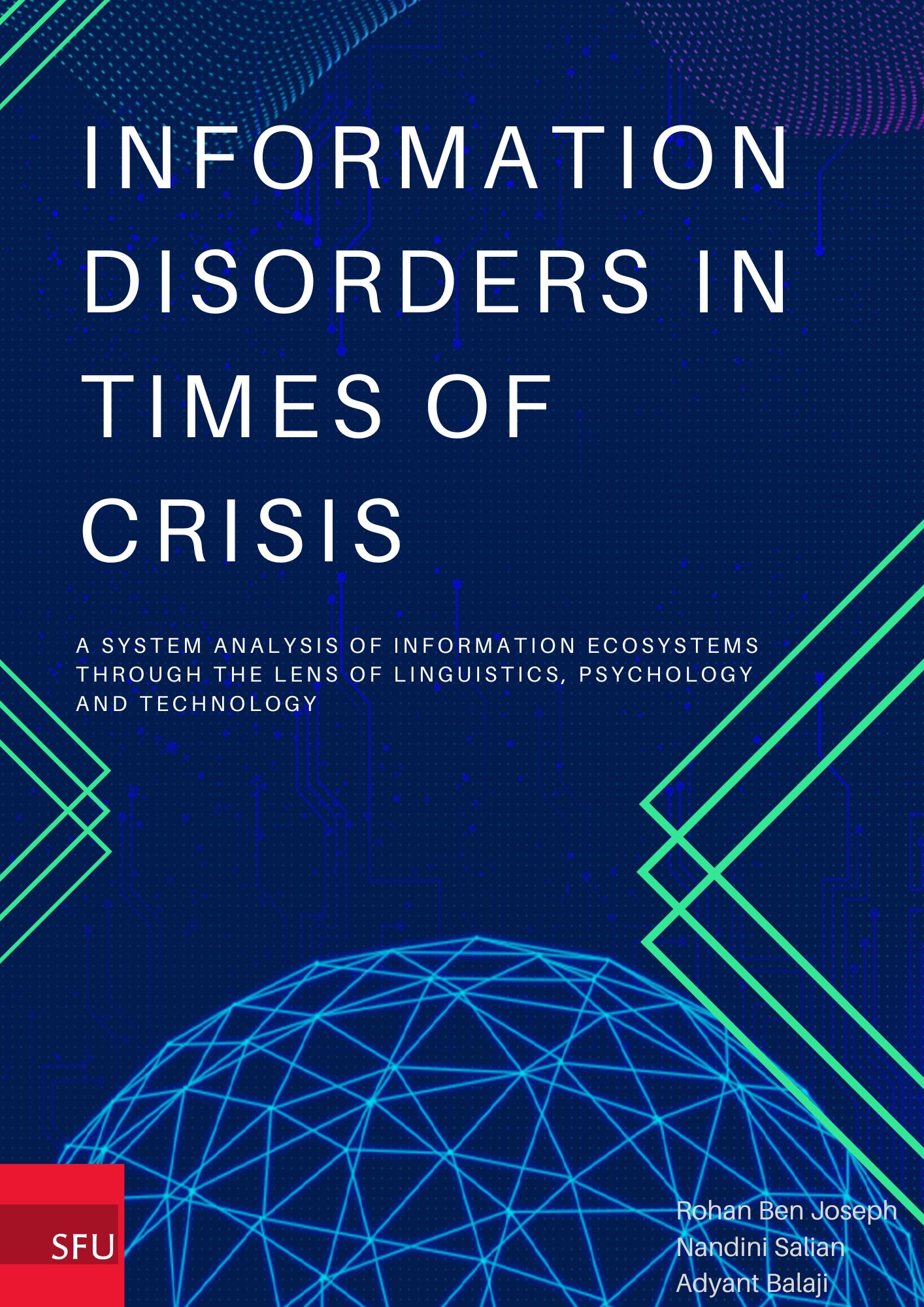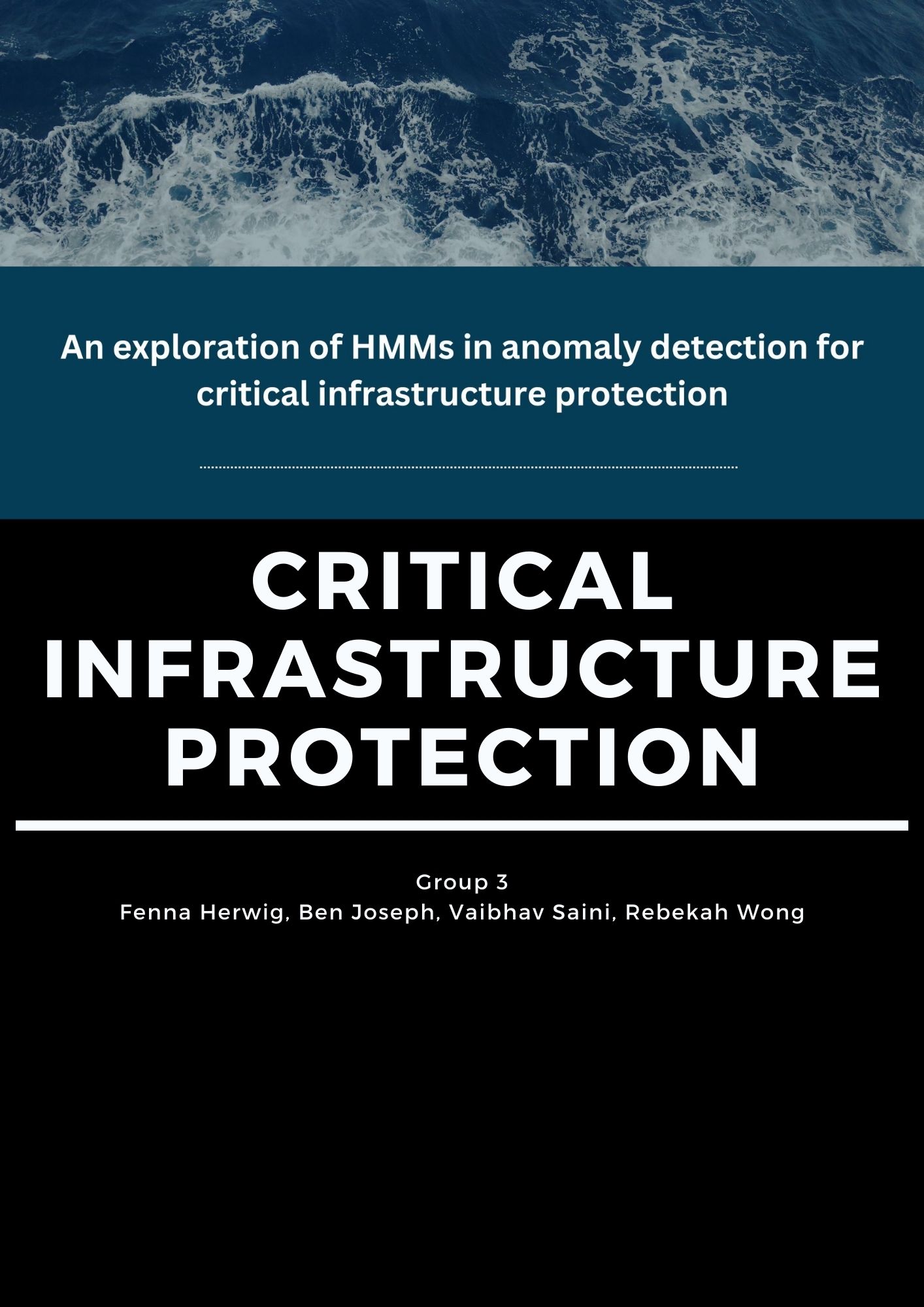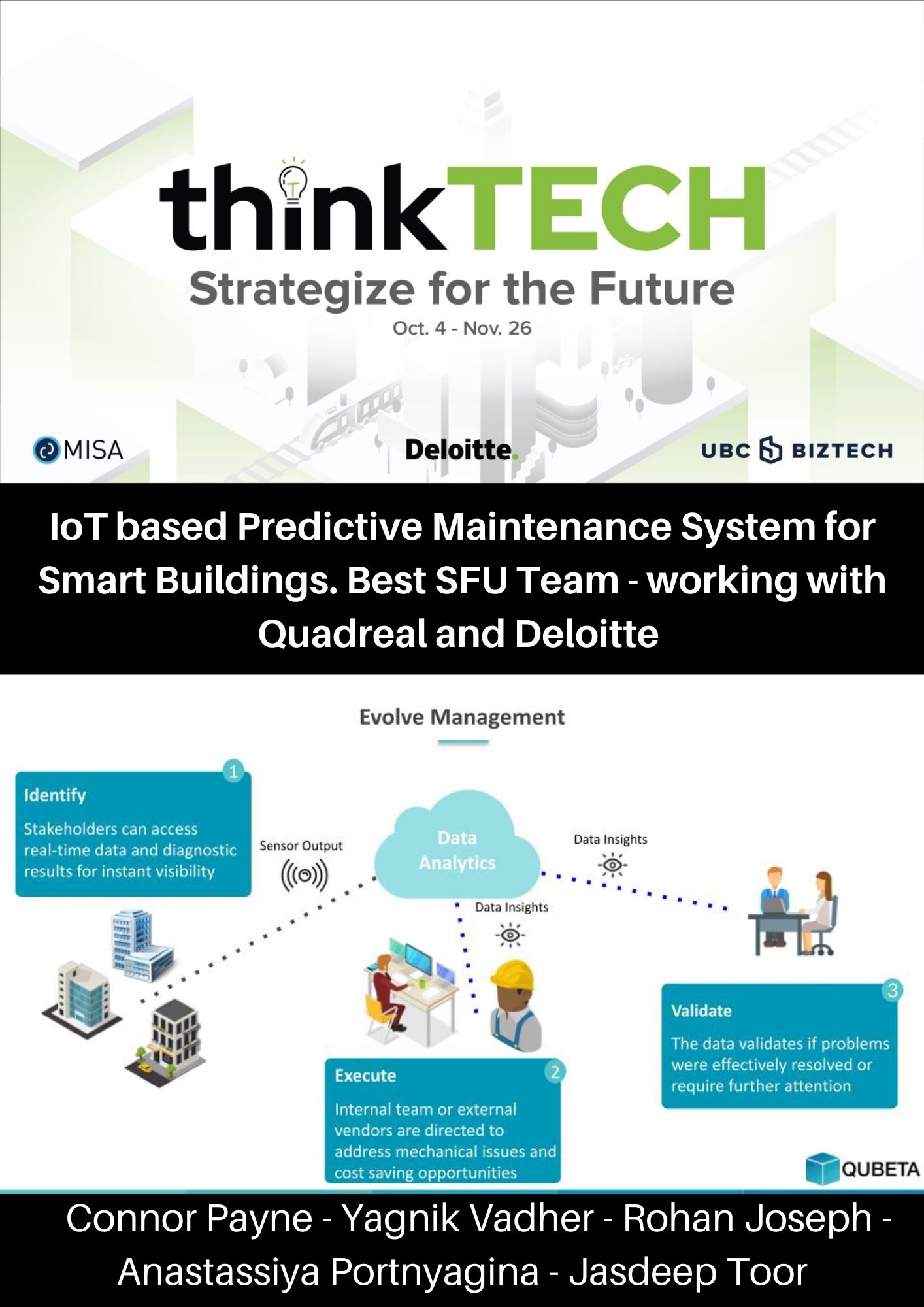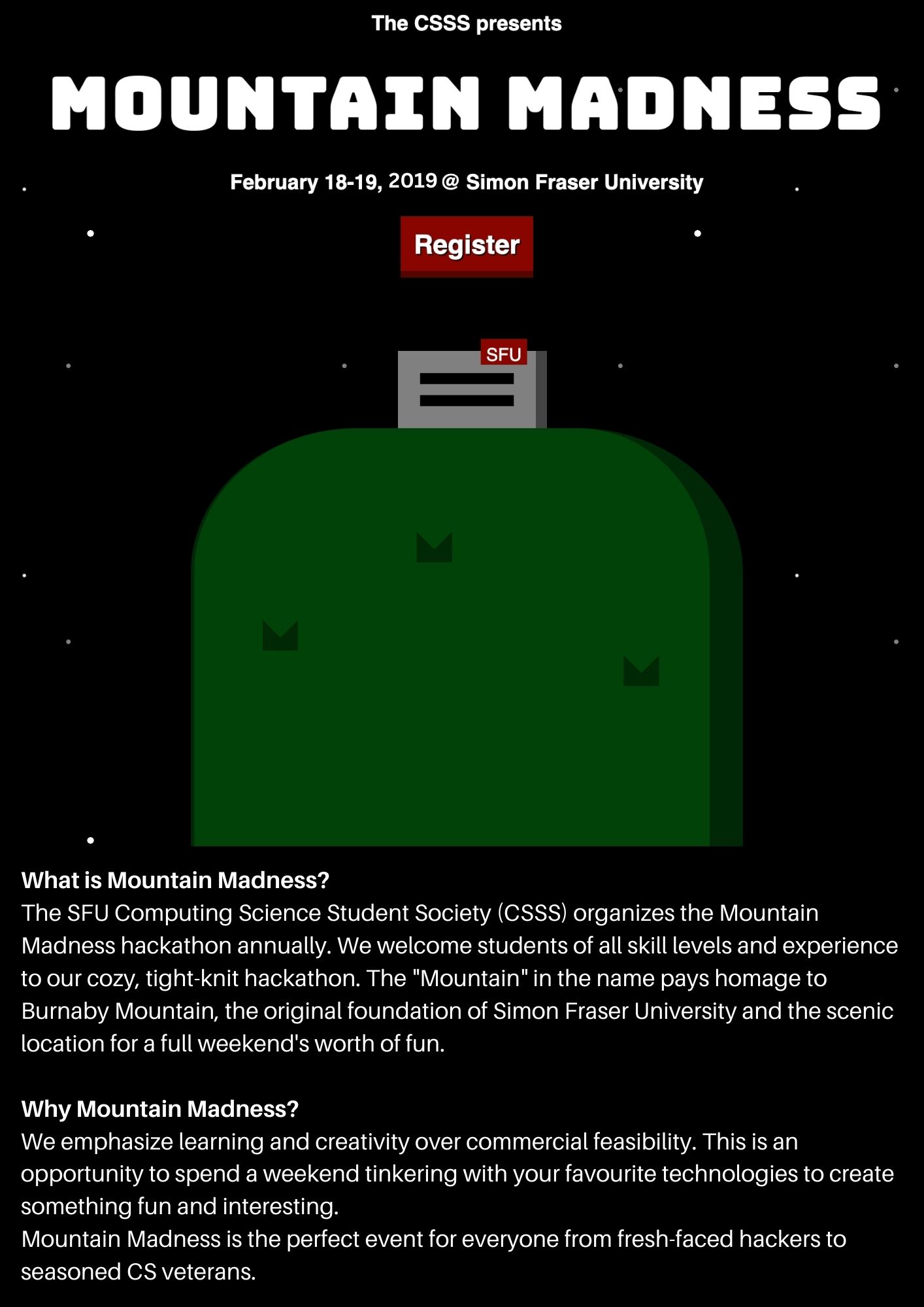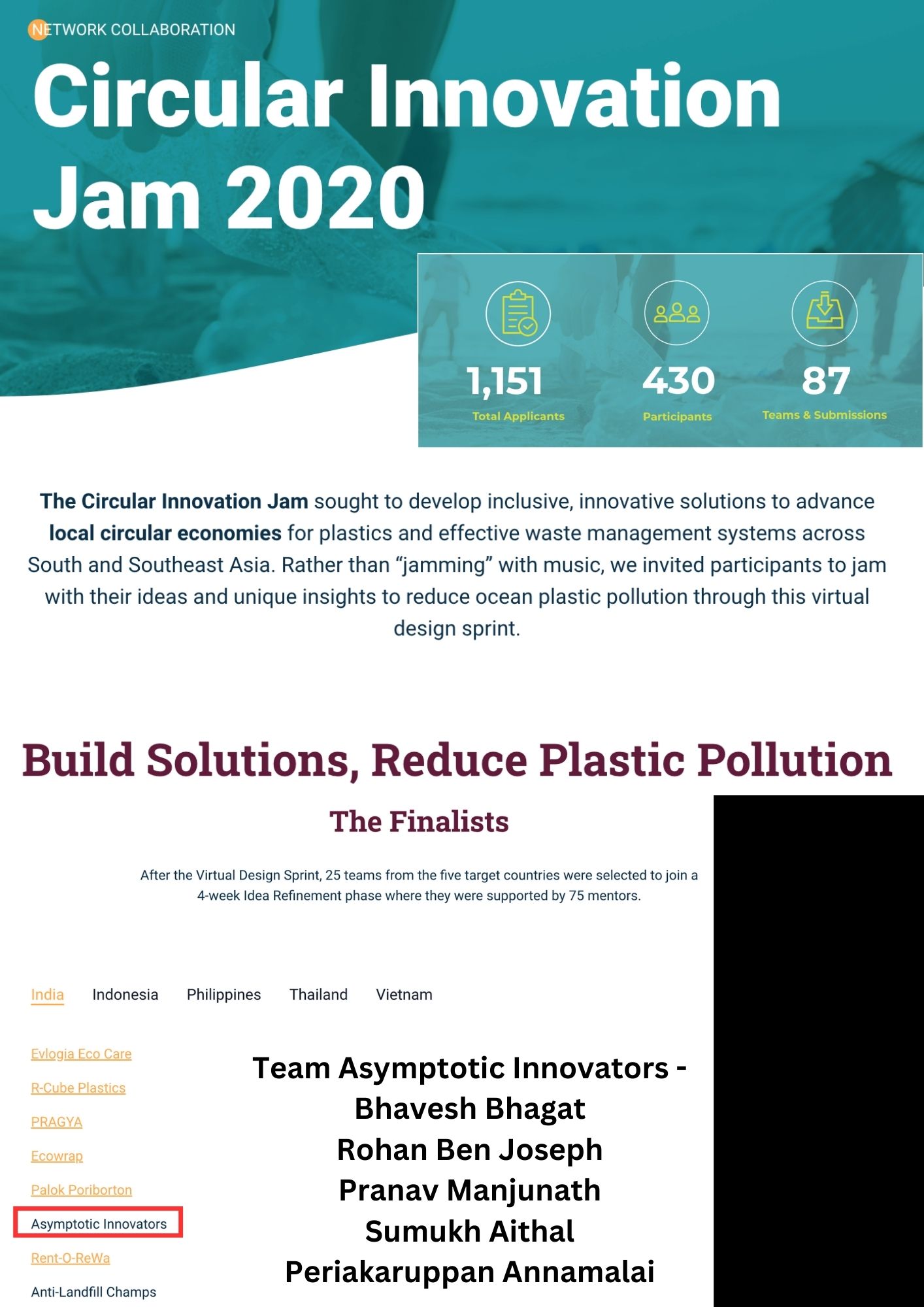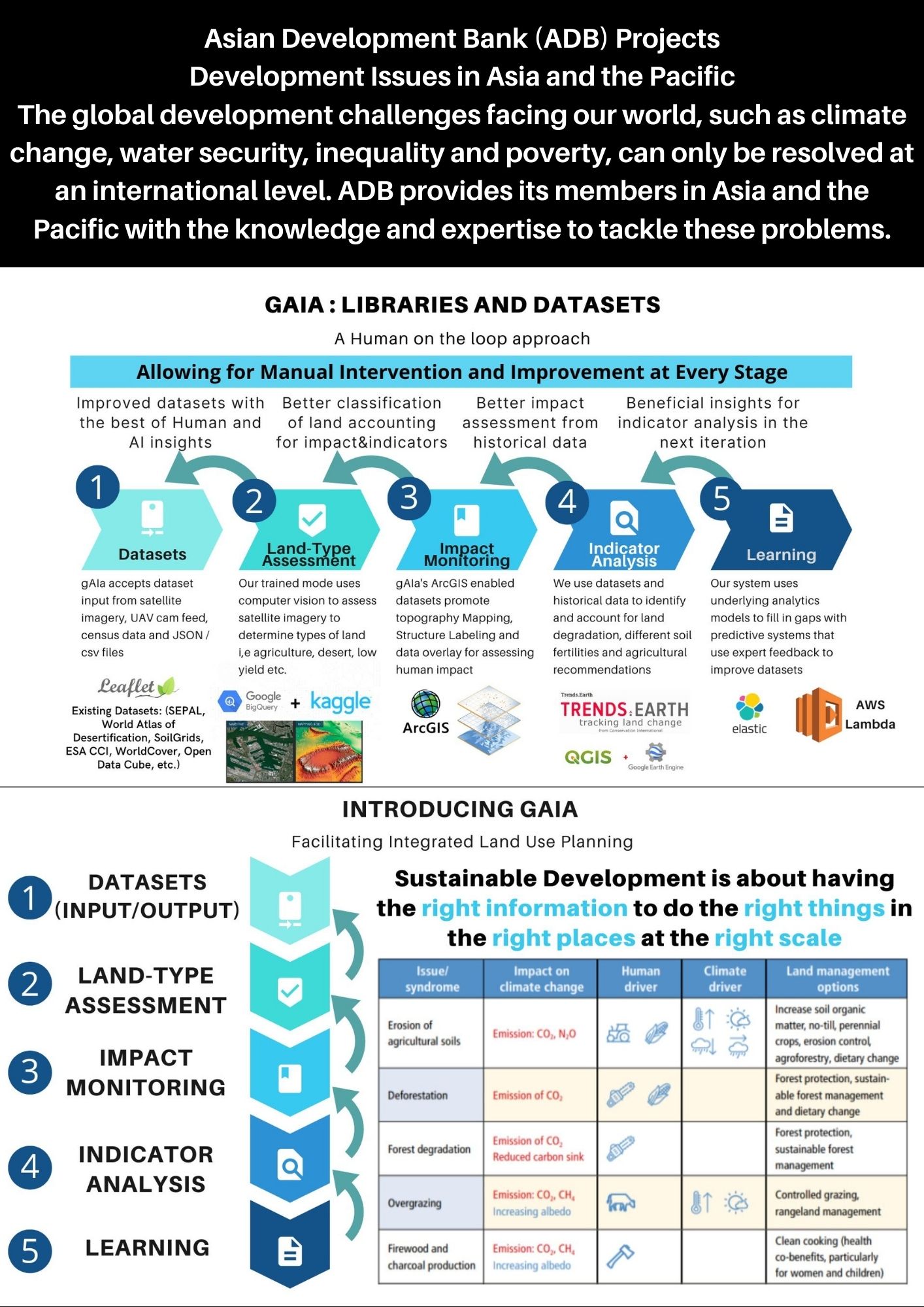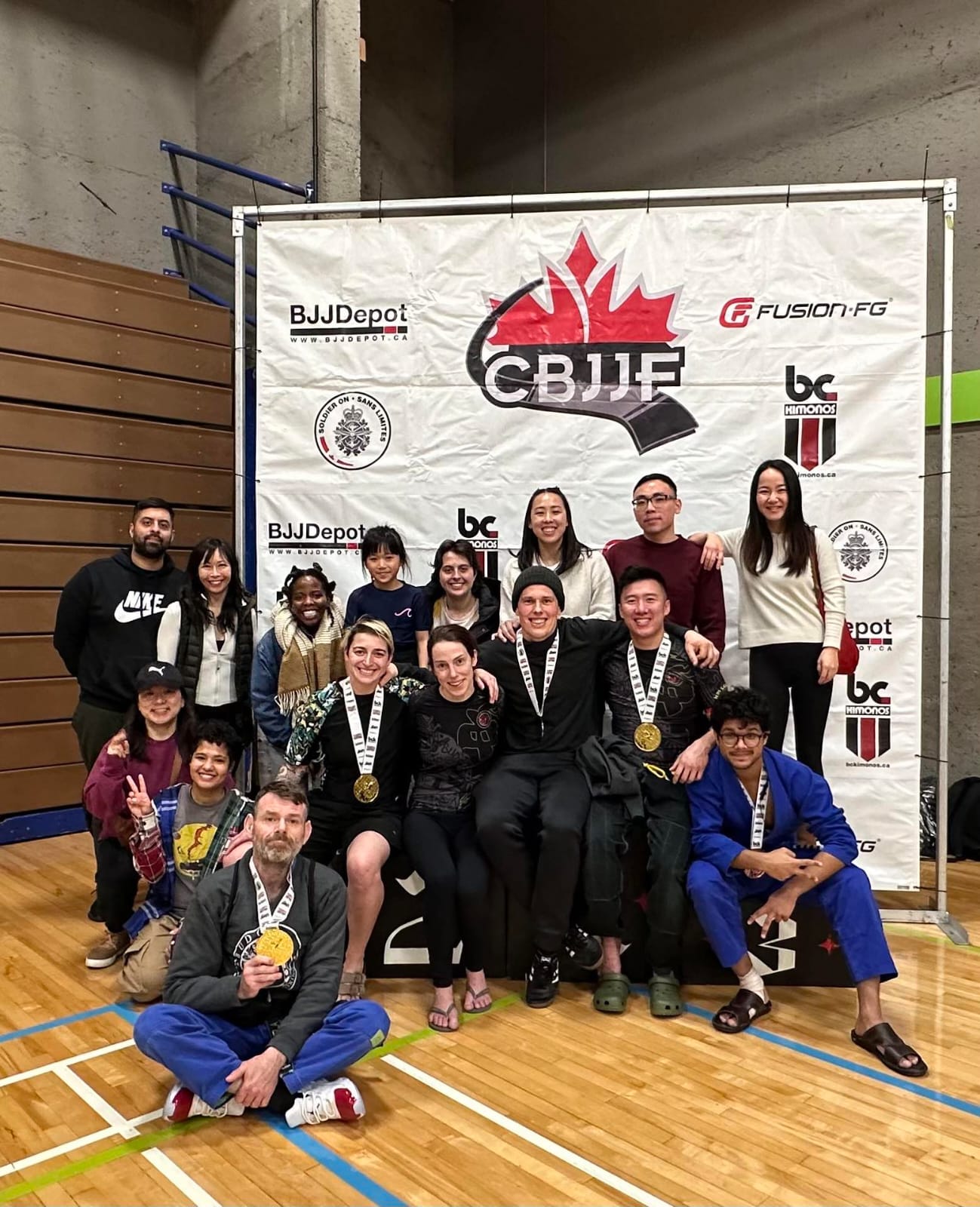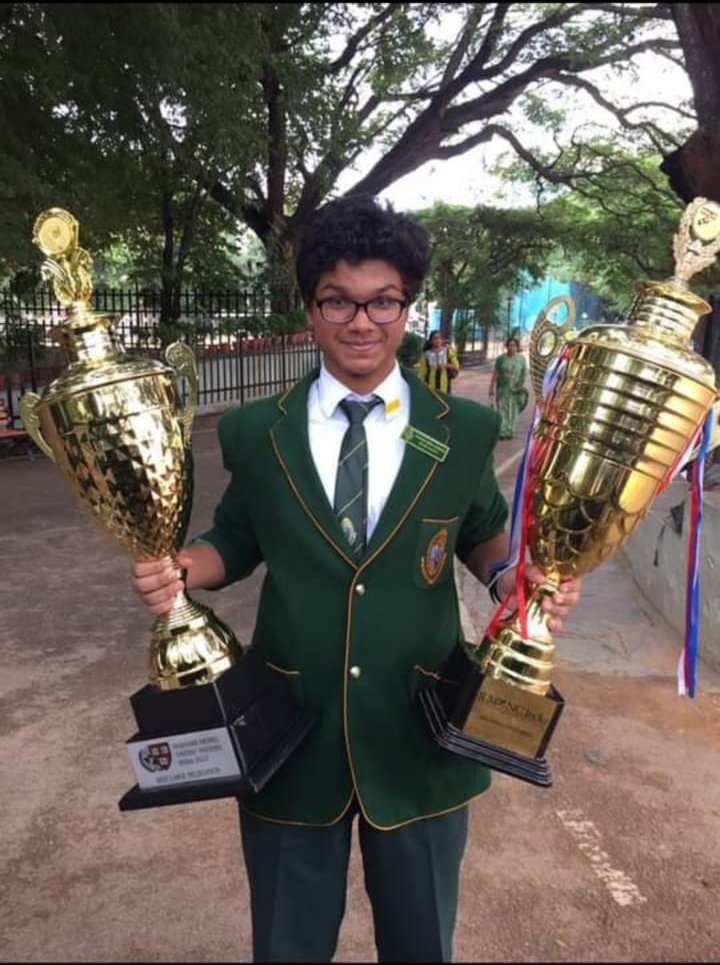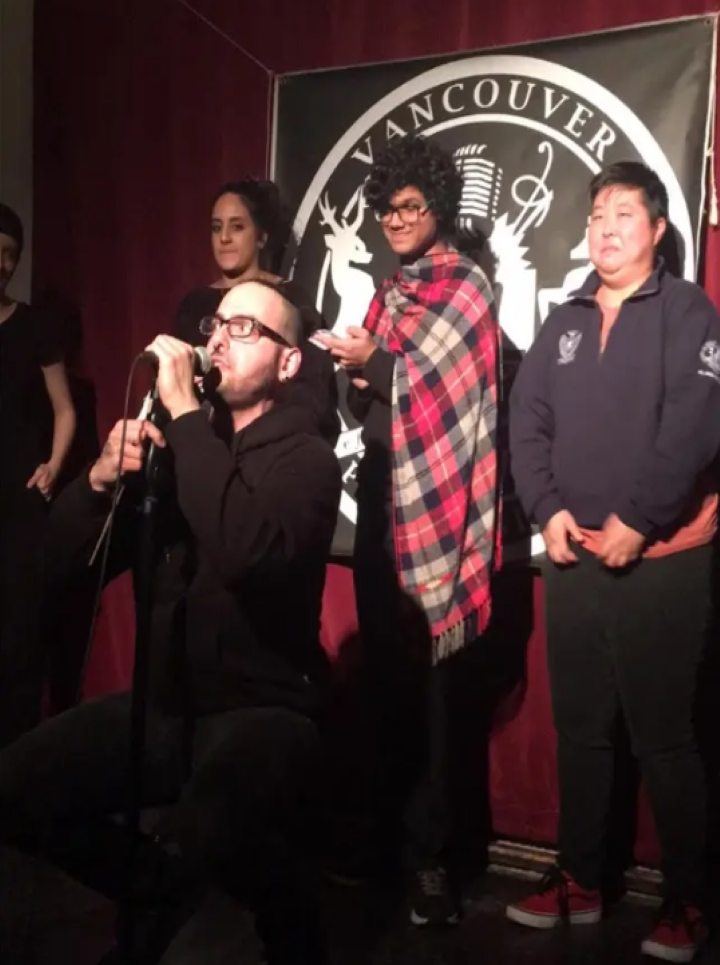Our study suggests that individuals using more linguistic shibboleths are more likely to have a stronger bond with this online community and develop a tendency to display characteristics of mental illness themselves. We believe that our study has several far-reaching consequences, including a new psycholinguistic lens through which to examine propaganda and an explanation of echo chambers, parasocial relationships, cults of personality, and other socio-psychological phenomena
AbstractWelcome
I'm Rohan Ben Joseph
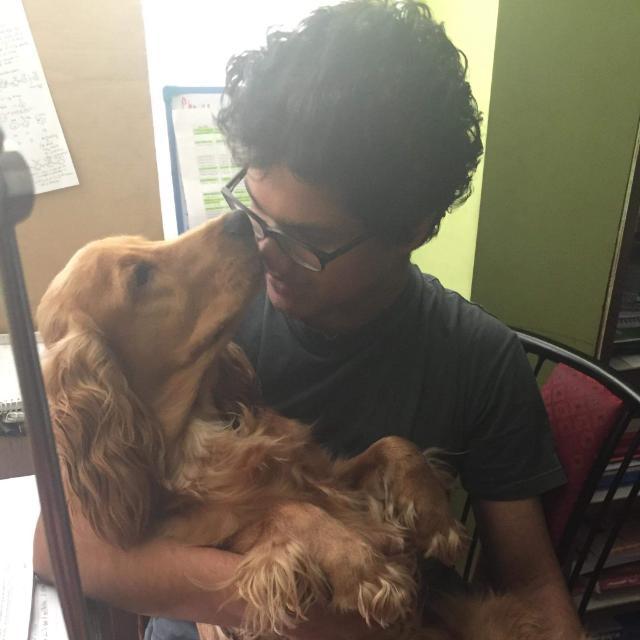
Me with my best friend, Artemis
Ben Joseph
Computational Linguist and Data Scientist
Interested in finding solutions to real-world language problems through technology. Exploring the potential of Data Science, ML, AI and NLP, including Training ML Models, Deploying and Evaluating Large Language Models, Data Manipulation, Better Data Imputation and Discourse and Sentiment Analysis.
- Location: Burnaby, BC, Canada
- Education: BSc. Joint Major - Computer Science and Linguistics
- Research Interests: Computational Linguistics, NLP, Social Data Analytics, Data Science, LLMs
- Experience: Currently a Language Data Scientist @Meta. Previously a Defence Data Scientist at the DND, Canada
- My Top 5 Book Recommendations (Unsolicited, but offered freely):
◙ Breathe: A life in Flow (Rickson Gracie),
◙ GRIT (Angela Duckworth),
◙ Hitch-hiker's guide to the Galaxy (Douglas Adams),
◙ It was on Fire When I lay Down on It (Robert Fulghum),
◙ The Little Prince (Antoine de Saint-Exupéry)
If you have any research projects in the area of NLP or AI that you'd like to talk about, please email me at josephrohanben@meta.com! If you work at Meta and would like to contact me, please find me on the Intern and shoot me a message. For Meta related Press Queries, please redirect your questions to Press@
Skills and Experience at a Glance
Current Project(s)
Unaliving Self-expression: Capitalism, Censorship, and the Infantilization of Public Discourse
Areas: Opinion Piece, Linguistics, Infantilization, Digital Governance
A Series of Essays on how digital platforms sanitize language, commodify dissent, and shrink our emotional vocabulary for the sake of ad-friendly “safety.”
- Unaliving Self-expression: Capitalism, Censorship, and the Infantilization of Public Discourse. Essay Link
- Fear-driven Circumlocution: Verbal Gymnastics for Gods and Machines Essay Link
- ‘Big Feelings’ about Surveillance Infrastructure and the Capitalistic Commodification of Dissent Essay Link
- To Ensure Culture Consistency, We Ask that Communication Stay Focused on Enthusiasm and Forward Progress Essay Link
- Red Flags for the Red Team; Blue Flags for the Blue Team Essay Link
- Learned Helplessness and Consequences for Public Discourse Essay Link
- The Radical Act of Reclaiming Linguistic Adulthood Essay Link
Ragebait Detection and Classification of Sentiment Manipulation through Social Media
Areas: Retrofitting, Classification, Vector Modeling, Multimodal Data, Sentiment Analysis, GloVe, BERT
This project aims to develop a system to detect “ragebait”—emotionally provocative content on social media designed to incite anger and drive engagement. Using Google Cloud’s Video Intelligence API, we will analyze short-form videos (a la Tiktok/ Instagram Reels / Youtube Shorts) to generate detailed descriptions and transcripts. These will then be processed through a language model for summarization and generating vector relations. we can take the centroid of the "ragebait" vector embeddings and use the vector relations to augment a localised version of Glove (Global Vectors for Word Representation). By applying retrofitting techniques, we will add the context of ragebait to a generic dataset. This will help us to use a pretrained BERT classifier to better classify videos as ragebait or non-ragebait by taking the centroid of the vector embeddings and assessing whether it is closer to the centroid of the ragebait dataset or the Not Ragebait dataset. This work is crucial for understanding and mitigating the spread of divisive content online, helping platforms create safer, more constructive spaces for users.
Selected Past Projects
-
Bilingual Knowledge Management System for Information Retrieval from Military Policies
Area: Large Language Models, LLaMA, Natural Language Processing (NLP), Retrieval Augmented Generation (RAG), Information Retreival
Gunasekara, C., Hamel, Z., Joseph, R.B., Du, F. (2026). Bilingual Knowledge Management System for Information Retrieval from Military Policies. In: Fred, A., De Marsico, M., Castrillón-Santana, M. (eds) Pattern Recognition Applications and Methods. ICPRAM 2024. Lecture Notes in Computer Science, vol 15568. Springer, Cham. https://doi.org/10.1007/978-3-032-06007-5_6
-
Military Badge Detection and Classification Algorithm for Automatic Processing of Documents.
Area: Computer Vision, Machine Learning, OCR, YOLOv5
Gunasekara C., Matharu Y. and Ben Joseph R. (2024). Military Badge Detection and Classification Algorithm for Automatic Processing of Documents. In Proceedings of the 13th International Conference on Pattern Recognition Applications and Methods - Volume 1: ICPRAM; ISBN 978-989-758-684-2, SciTePress, pages 723-731. DOI: 10.5220/0012351300003654
-
Comparing virtual reality, desktop-based 3D, and 2D versions of a category learning experiment.
Area: Cognitive Science, Education, Category Learning, Virtual Reality
Barrett, R. C. A., Poe, R., O’Camb, J. W., Woodruff, C., Harrison, S. M., Dolguikh, K., Chuong, C., Klassen, A.D., Zhang, R., Joseph, R.B. & Blair, M. R. (2022). Comparing virtual reality, desktop-based 3D, and 2D versions of a category learning experiment. Plos one, 17(10), e0275119.
-
Archive of the Digital Present (ADP), COVID-19 Period
Area: Digital Humanities, Data Visualization, Information Preservation, Archival Project
Camlot, J., Neugebauer, T., Berrizbeitia, F., Ben, J., Bustamante, A., & Gandham, S. (2022). Archive of the Digital Present (ADP), COVID-19 Period: Collecting and Visualizing Metadata of Online Literary Events Hosted in Canada, March 2020-September 2021.
